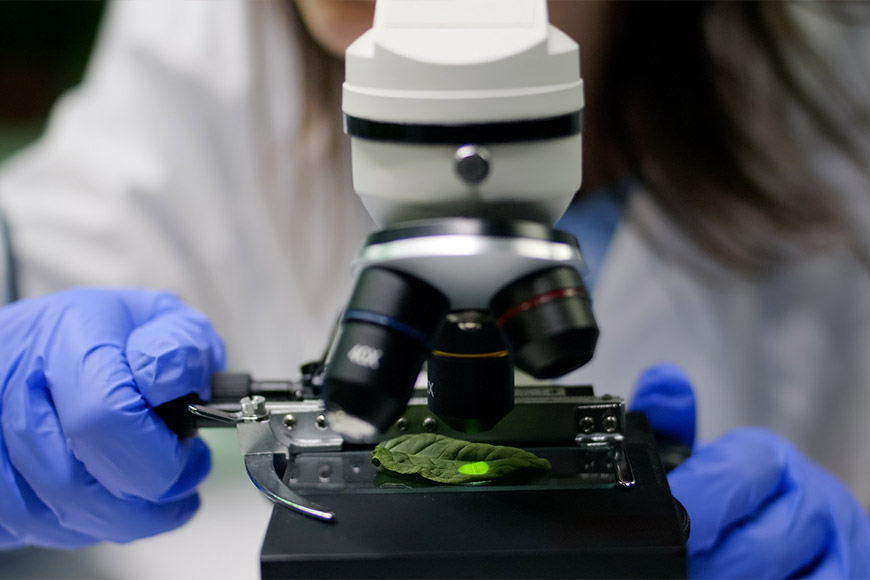
Biomedicine
Biomedicine, Belgrade. TOP PRICE✓ Modern biomedical treatments✓ Diagnosis and treatment of diseases✓ Professional care and prevention✓ Biomedical services✓
Biomedicine
Western modern scientific medicine is very often called biomedical, since human health is explained in terms of biology.
A lot of attention is paid to the body structure or anatomy, systems, i.e. physiology, as well as the understanding of organs such as the heart, brain, arteries, nerves...
If biomedicine were to define health, then it would be a state in which all parts of the body are functioning normally. It would be like having a brand new or well-repaired car.
Of course, every system is subject to change. If it happens that the organism is attacked by a virus, it is affected by internal changes or some parts of the body wear out, it is necessary to go to a specialist.
Biomedicine has a special angle of looking at human health, as well as diseases, which is becoming very recognizable, because the body and health are understood in a different way. Likewise, there is a set of guidelines for how you should treat your body and how to deal with it - otherwise we could call it good maintenance and care.
Biomedicine provides a physical or biological explanation of health, and offers physical and/or biological methods to repair the body when it is not working properly and as it should.
There are tests to determine what is wrong, and then antibiotics or other drugs act as a cure, while surgery can repair or replace body parts.
The biomedical model is an integral part of Western cultures, as well as the way health and health care are perceived.
In many cases, it is a very effective and efficient health care model. Here we will list examples such as a broken leg, arm, tuberculosis, tumors, slipped discs in the spine and many other diseases and problems that people face.
All over the world, people have separate and individual attitudes about what to do when health is threatened, what action to take then, but also about prevention - how to maintain the body in a state of well-being and health.
The biomedical way of conceptualizing health dominates in the West. As biomedicine advanced, so did more knowledge about the causes of infectious diseases. A key tenet of public health theory is that health and disease arise from the relationship of individuals and populations with their natural or manufactured environment.
Biomedicine is a very dynamic model, and over time it has played a very important role in people's understanding of health and disease. Supporters of biomedicine point out that there are a number of fantastic achievements, such as: the reduction in the number of child deaths, which was present at the beginning of the twentieth century, as well as the eradication of some killers, such as smallpox, polio and the like.
Of course, there is also an opposing view that claims that mortality was dramatically reduced at the beginning of the last century due to improved living and working conditions, and especially better nutrition for children and people, and not because of preventive or biomedical measures. There is immunization as well as the widespread use of antibiotics. However, biomedicine tends to focus our attention on medical advances as well as interventions that are at the individual level. Others may still want to emphasize that there is a link between the overall environment and human health.
In the end, we can conclude that biomedicine is one of the broadest areas of modern science and is the foundation of a large part of modern medicine. Biomedical scientists provide other professionals with vital scientific information, enabling them to make informed clinical decisions.
How to Contact Us?
For more information about our services or if you have any questions, feel free to visit our CONTACT page and get in touch with us. We’re here to help!